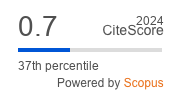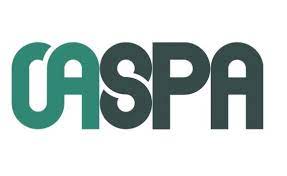Urinary Tract Infection Risk Assessment By Non- Thermal Plasma In Iraqis Patients
DOI:
https://doi.org/10.47723/kcmj.v13i1.132Keywords:
: Urinary Tract Infection, plasma needle, adhesion ,E. coli bacteriaAbstract
Background: In the present study used device jet plasma needle with atmospheric pressure which generates non thermal plasma jet to measure treatment potent with plasma against pathogenic bacteria founded in UTI was inactivated with plasma at 10 sec,
Objective:. This work included the application of the plasma produced from the system in the field of bacterial sterilization , where sample of Gram- negative bacteria (Escherichia coli) were exposed to intervals (1-10)second . Midstream Urine samples swabs were obtained from patients with urinary tract infections.
Type of the study: Cross -sectional study.
Methods: The work were used in this study obtained from studying 100 urine samples, the age of patients ranged between 10 years to 60 years. They were 60 females and 40 males. These samples were cultured on culture media to isolate bacterial colonies .After that, bacteria were identified by means of highly specific investigations Escherichia coli, plasma needle treatment is applied on bacteria through sterilization, and adhesion.
Results : It was found that the percentage of the killing of Gram-negative bacteria (E.coli) was 100% at (10) second, also decreasing bacterial adhesion on epithelial cells, where numbers adhesion bacterial with uroepithelial cells decrease after treatment with plasma needle .
Conclusion : From this work, it has been observed that applied voltage ,distance between plasma needle and treatment model as well as time treatment effect on inactivation bacteria and sterilization ,also it effect on decreasing bacterial adhesion on epithelial cells, where numbers adhesion bacterial with uroepithelial cells decrease after treatment with plasma needle .













